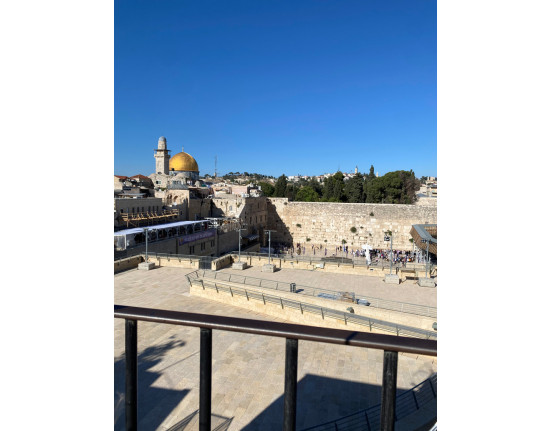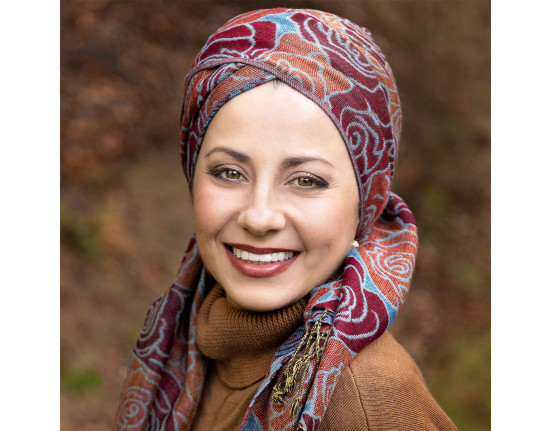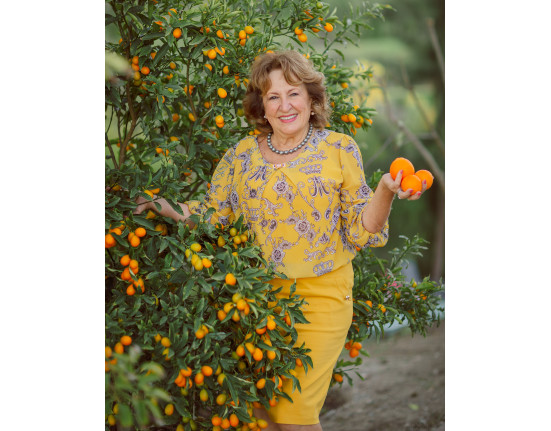"Tradition, tradition,
tradition" - these are the words Tevye, the milkman, sings in the play
"Fiddler on the Roof" by Sholom Aleichem, urging his children and his
people to preserve the national traditions, despite all the difficulties and
obstacles in which his family lived. And today, dear readers, I would like to share
with you my own impressions of the recent series of Jewish holidays and the
attitude of our ethnicity to them at such a difficult time for all of us, when
most people are still obsessed with the fear of getting coronavirus and
continue to self-isolate. Yet, we all try, and quite successfully, to observe
our traditions as prescribed by the Torah, even if in a slightly modified
version. We are the people who have lived for thousands of years outside our
historical homeland. We are scattered all over the world, and this forces us to
adapt to all, often harsh, conditions of life. In spite of this, we preserve
our national essence by steadfastly following our religion and traditions.
After all, traditions are our way of life, which we try to adhere to, even if
we are not fully aware of them, but they are in our blood and in one way or
another make us organized and united people. Otherwise we feel deprived and
inferior. Besides, it is simply impossible to live in society without
traditions! It seems to me that a person without traditions is like a person
without a name.
We know that this year in all Jewish
communities around the world our holidays, including Passover, Rosh Hashanah,
Yom Kippur, and Sukkot were held mostly in the family circle, visiting
synagogues was forbidden. But, in fact, it affected the big cities, where statistically
there were not so many COVID-19 cases, but more of the kind of dirty politics
that can't be dealt with (yet!). Fortunately,
our people are very resourceful: with the help of modern technology, we
continued to communicate actively in virtual space - we listened to the wise
rabbis, we celebrated Jewish holidays together via WhatsApp and Zoom. Among the
latter, I was particularly captivated by the nearly four-hour Simchat Torah
broadcast from our Central Synagogue in Queens, which we could all watch in
real time on Facebook. It was great and exceeded all my (and not only my)
expectations! Thanks to all the organizers and the performers of this brilliant
project and especially to those who came up with such a great idea. As for the
small towns, which include our blessed San Diego, where we live, thank God, no
one from our community got sick. Although there are quarantine regulations in
the city, we still tried to follow our traditions. As before, we built Sukko in
our backyards and invited family and friends, although much less than in
previous years. Observing all precautions, we celebrated modest and therefore
very nice weddings outdoors. And thanks to the fact that we have many young
families, we celebrated several baby showers and circumcisions. Our birthdays,
anniversaries, bachelor and bachelorette parties continued in their usual tradition,
though less frequently. And what would we do without them? Hanukkah, the
calendar New Year's Eve, and then Purim are coming up, and I wish that by these
dates we would let go our fears, and gather together with a greater sense of
joy and fun with our families and friends. After all, as you know, joy and good
humor improve immunity, and this is something that everyone needs to
have.Speaking of traditions, I mean not only religious ones, but also everyday
and family traditions.
Keeping certain traditions, we get an
opportunity to feel our belonging not only to something big – to our ancestry,
to culture of our people - but also to feel our belonging to the family as a
whole. Any family has traditions, just in some families they are clearly
visible and noticeable, while others have them in ordinary and everyday things.
It is not necessarily something remarkable . For example, if a family gathers
together at dinner every meal (especially on Shabbat) and everyone talks about
something, that is also a family tradition and, in my opinion, one of the best.
It not only strengthens intra-family relationships, but also educates the
younger generation at the dinner table. Or traditions like Sunday family
breakfast, praying before meals, spending time together, playing games or
watching movies, family holidays and gifts... These are all things we can say:
"we have a family tradition...", "in the evenings we
usually...", etc. And it is important that all these
rituals, customs, traditions, accepted in the family, take place regularly. It
is this regularity and repetition that makes it possible to rejoice not only on
the day of the event itself, but also in preparation for it - to expect,
anticipate and plan. This reduces the anxiety of family members and gives a
sense of support and stability.
Thinking about the events of recent days, I really hope that God, who willed us the victory of Good over Evil, will send us this wonderful Tradition, so that good times would come to us sooner! We all hope for the victory of Donald Trump, a great friend of the Jewish people (and not only). We just have to be patient. After all, that's what Tradition is! And it must be preserved!
Editor-in-chief Doctor Zoya Maksumova
(November 2020, "Ladies’ World" №233)



















